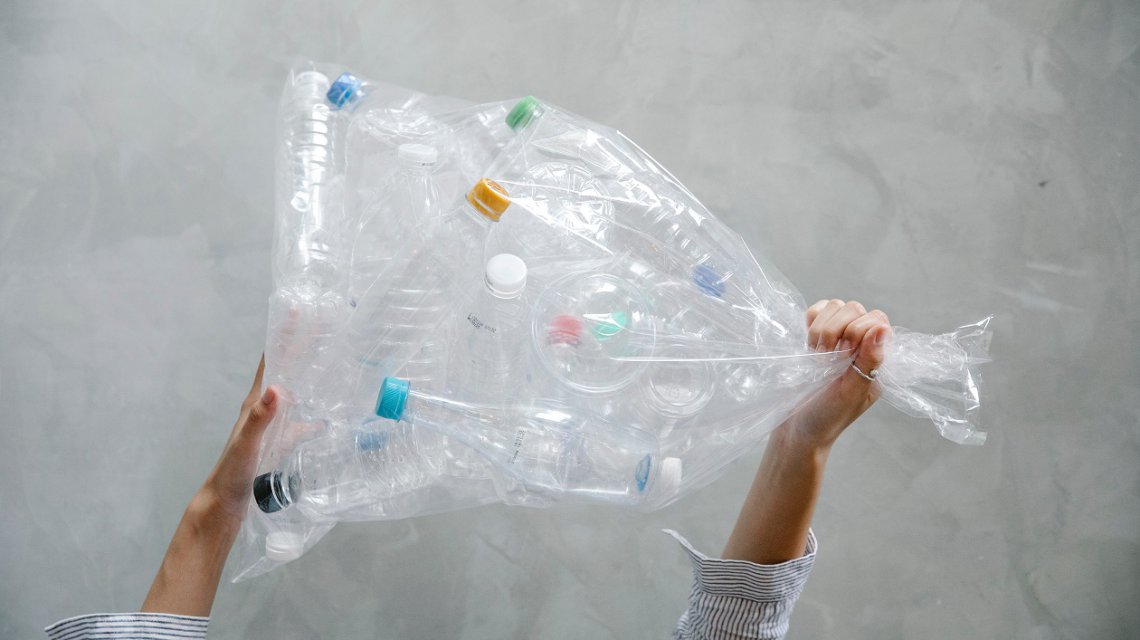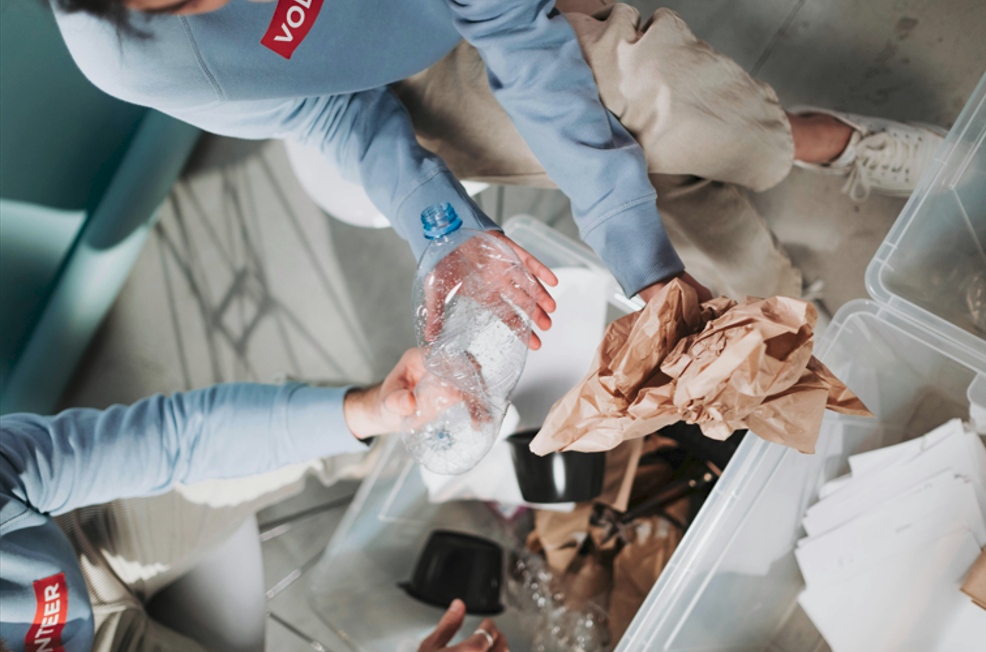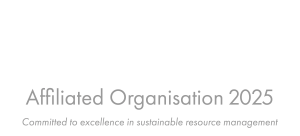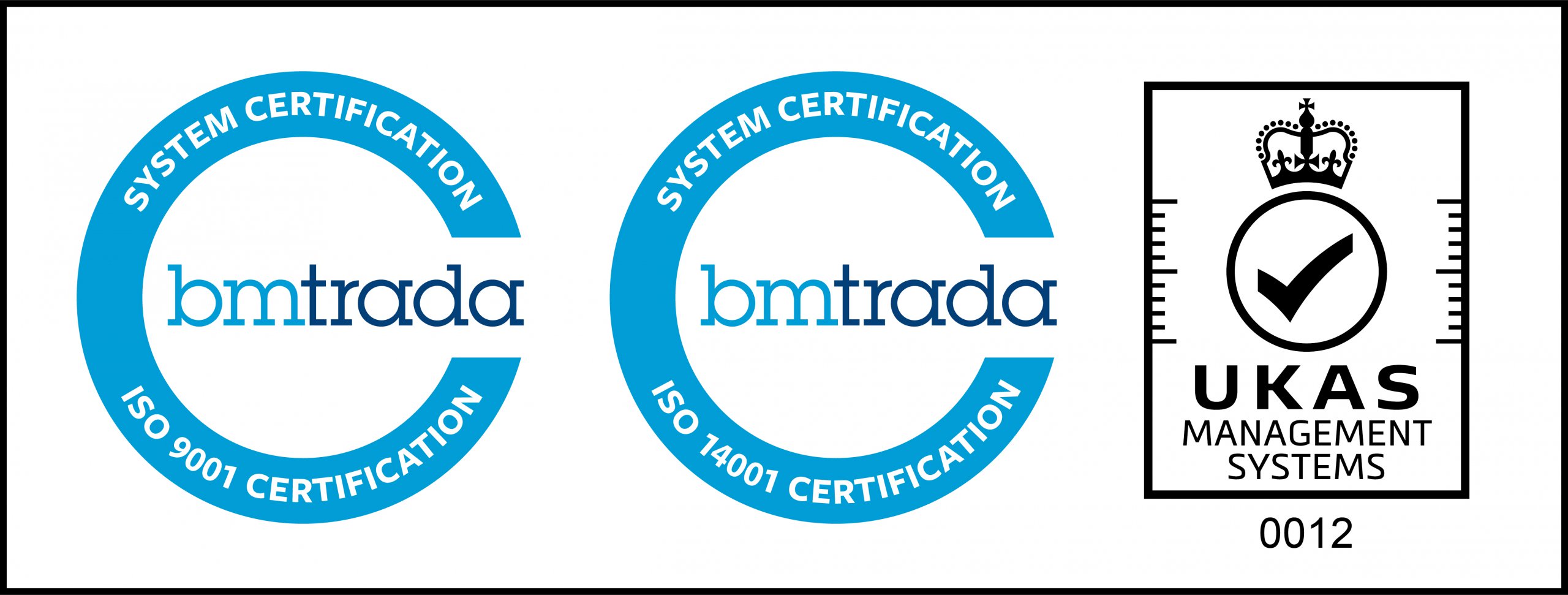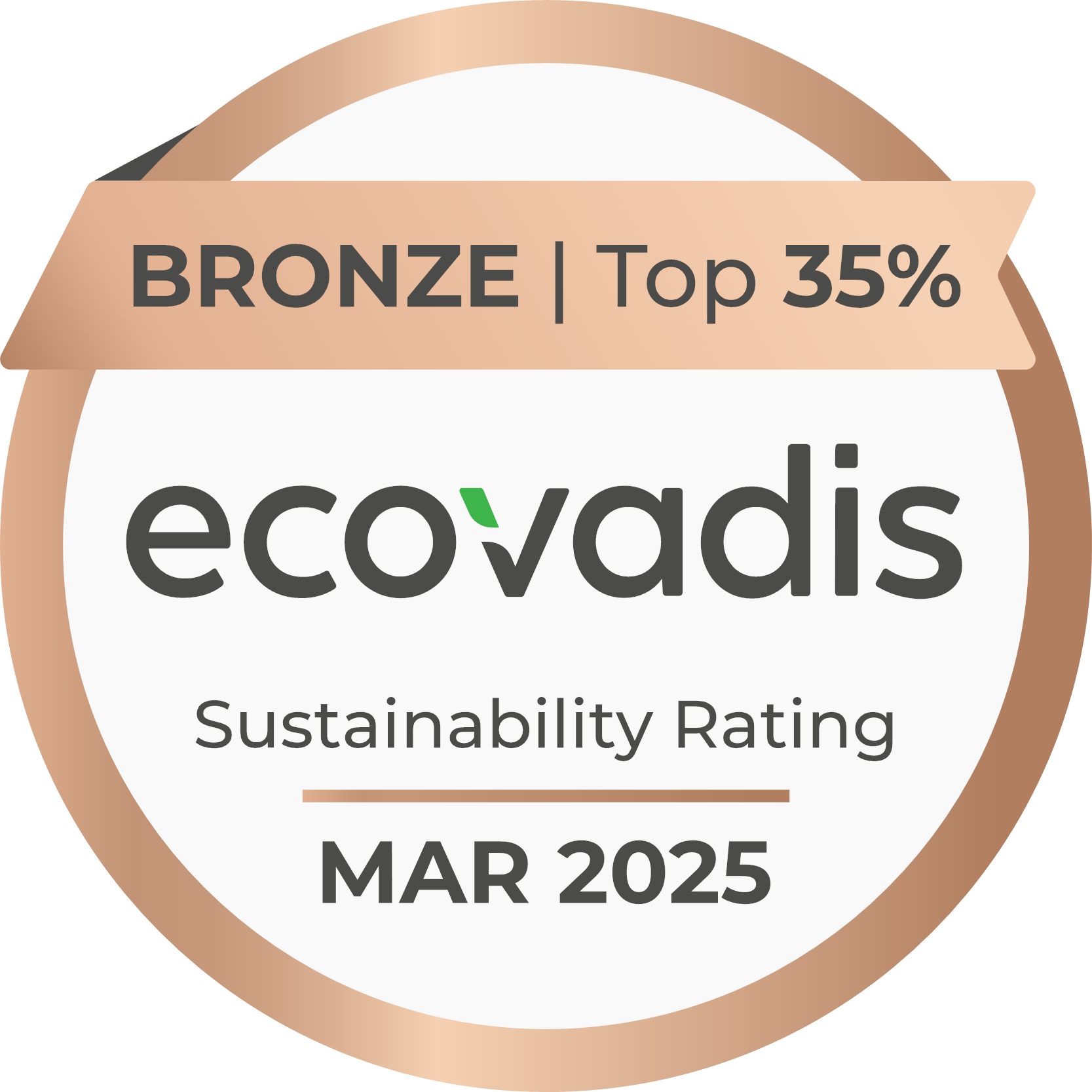Recent research by DS Smith has revealed that over half of food and drink items sold in UK supermarkets are wrapped in plastic that could be avoided. The study, named The Material Change Index, examined packaging trends across 25 leading supermarkets in six European countries, including the UK, France, Germany, Italy, Spain, and Poland.
The investigation covered 1,500 grocery products and found that approximately 29.8 billion pieces of plastic packaging are produced annually in the UK alone, much of which is deemed avoidable. Processed foods, bread, rice, cereals, dairy, and meat products were the most significant contributors to plastic waste.
The UK was identified as the largest user of plastic packaging among the countries studied, with 70% of all food and drink products containing plastic. This figure was notably higher than other countries, such as Spain (67%), Italy (66%), Germany (66%), Poland (62%), and France (59%).
Challenges in Reducing Plastic Use
The research included a survey of European food manufacturers and retailers to assess barriers to reducing plastic packaging. Findings indicated that 98% of these businesses have set targets for cutting back on plastic use, with 60% of them having two years or less to achieve these goals. However, only 25% of this group felt confident about meeting their targets.
The primary obstacles identified were the cost of alternative materials and the fear that consumers would reject changes to packaging. Cost was highlighted by 40% of respondents as the greatest challenge, followed by consumer resistance, with 39% concerned that shoppers would not support changes in packaging. Additionally, 72% believed consumers would be unwilling to pay more for sustainable packaging, and 65% feared customers would resist sacrificing convenience for more eco-friendly options.
Government Support and Industry Leadership
DS Smith’s group chief executive, Miles Roberts, emphasised the need for government intervention to accelerate the reduction of plastic packaging. Roberts stated, “Good progress has been made, but there is evidently a great deal more to do. We think government can and should be more demanding of us all – phasing out certain plastics to create a level playing field that encourages innovation and investment.”
DS Smith has reportedly removed over 1 billion pieces of plastic from the supply chain in the last four years. However, Roberts believes this is only the beginning and that meeting consumer demand for sustainable packaging offers a major opportunity. The upcoming Circular Economy Strategy, he added, could be crucial in supporting the widespread use of recyclable materials in the UK.
You can view our previous story, "BPF Unveils New Hub for Advancing the UK Plastics Industry [09.09.2024]".

